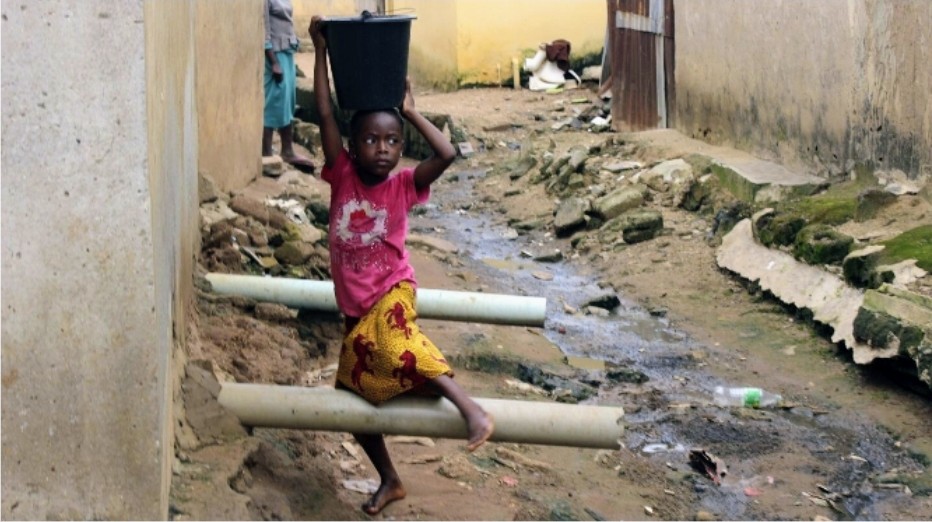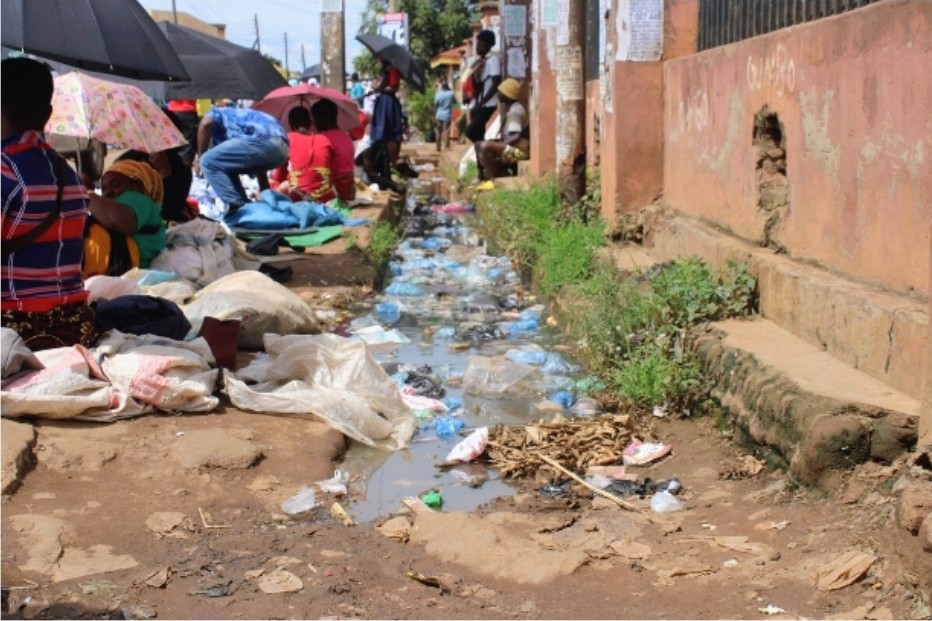
Wayne Lumbasi
Africa is grappling with its worst cholera outbreak in 25 years, according to the Africa Centres for Disease Control and Prevention (Africa CDC). Health authorities across the continent have recorded a sharp rise in infections throughout 2025, with hundreds of thousands of suspected and confirmed cases reported. Thousands of people have died as overstretched health systems struggle to contain the fast-moving disease.
The surge marks a significant jump from last year’s figures, signaling a public health emergency that continues to evolve rapidly. The hardest-hit countries include Angola, Burundi, South Sudan, the Democratic Republic of Congo (DRC), Ethiopia, and Mozambique.
In Angola alone, authorities have registered tens of thousands of cases this year, with the death toll climbing steadily. Many of the affected regions are experiencing political instability, conflict, or large-scale displacement, conditions that increase vulnerability to waterborne diseases. Displaced families living in temporary shelters often lack access to clean water or proper sanitation, creating ideal environments for cholera transmission.

Experts point to several factors driving the outbreak. Dirty water, sanitation, and hygiene infrastructure remains the biggest challenge across many African countries. Damaged sewage systems, unsafe drinking water, and overcrowded settlements continue to expose communities to contamination.
Climate-related shocks such as floods and cyclones have compounded the crisis by destroying water systems and forcing thousands of people from their homes. Health officials warn that without urgent investment in long-term water and sanitation improvements, cholera will remain a persistent threat.

Regional bodies and governments have mobilized emergency measures to slow the spread. Earlier this year, African leaders gathered in Zambia and pledged to eliminate cholera on the continent by 2030. Their commitments include boosting disease surveillance, strengthening rapid response teams, expanding public awareness campaigns, and scaling up treatment centers. Vaccination campaigns are underway in several hotspots, although limited global supplies of oral cholera vaccines have slowed progress.
Despite these efforts, the outbreak continues to worsen, stretching health systems that are already under pressure from other infectious diseases. The Africa CDC has warned that without sustained funding and coordinated action, the continent may see recurring waves of cholera in the coming years. The agency is urging governments and international partners to prioritize clean water access, improved sanitation, and climate-resilient infrastructure measures that will be essential to prevent future crises.
RELATED REPORTS
AFRICAN COUNTRIES BOOST FAMILY PLANNING FUNDING AMID AID CUTS
SOUTH AFRICA MAKES HISTORY AS FIRST AFRICAN NATION TO APPROVE TWICE-A-YEAR HIV PREVENTION JAB
CRITICAL WORKFORCE SHORTAGE EXACERBATES PUBLIC HEALTH EMERGENCIES IN AFRICA








